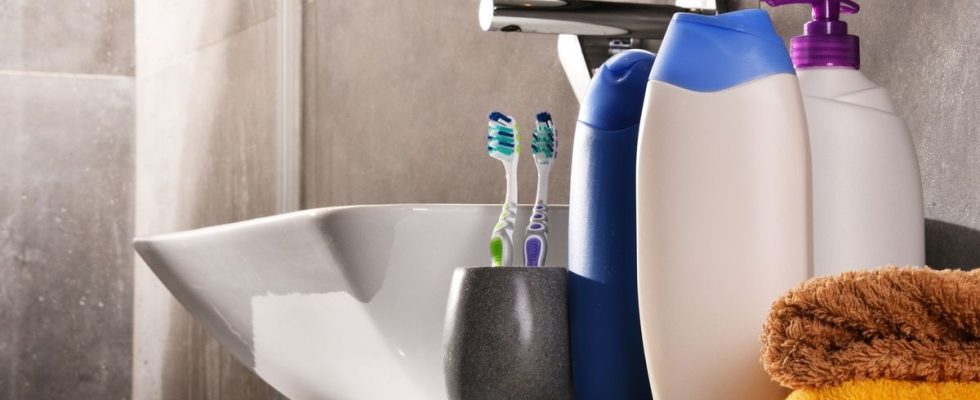Published on
Updated
Reading 2 mins.
in collaboration with
Dr Gérald Kierzek (Medical Director of Doctissimo)
Faced with rising prices, more and more French people have no choice but to arbitrate for everyday purchases. A third no longer buy certain basic hygiene products, according to the results of the 3rd “Hygiene & Precariousness in France” barometer, carried out by Ifop for Dons Solidaires.
Soap, toothpaste, deodorant… These basic products, however, are neglected by some French people for lack of means. In question ? The growing inflation affecting the country.
34% of French people affected by hygienic precariousness
Faced with soaring prices, more than a third of French people admit to limiting the consumption of certain basic hygiene products, for lack of means. “Concretely, 6 million French people give up buying deodorant, 4 million French people go without shampoo and 3.5 million lack toothpaste. tells us the 3rd barometer “Hygiene & Precariousness in France”, carried out by Ifop for the association Dons Solidaires. A growing hygienic precariousness which is no longer the prerogative of the most precarious.
The “D system” to save products
For the beneficiaries of associations, already precarious, the situation is even more tense. “For those faced with this problem, a renunciation strategy operates: control the consumption of hygiene products or dilute them to make them last longer, use a single product for different uses or have to do without it completely. …” indicates Solidarity donations.
For example, 13% of French people control their consumption of toilet paper or 28% of parents check their children’s consumption of shower gel and shampoo. A figure that increases among parents benefiting from associations, which rises to 56%.
Hygiene precariousness degrades self-esteem
Faced with this situation, one in ten French people feel uncomfortable because of their personal hygiene, and almost a quarter of them are afraid of being judged because of poor self-presentation. This impacts their social life, as nearly a quarter give up going out and nearly one in five avoid people they know. According to the study, women, parents and young people are hardest hit by this form of precariousness.
For Dr Gérald Kierzek, emergency doctor and medical director of Doctissimo, this situation can endanger the health of some women. “Obviously, when there is a lack of means, one starts by cutting the food budget, but that of hygiene is also affected. This can be dangerous for some women who use tampons for example, and who to use less would be tempted to keep it longer. Be careful, as this can pose a serious health risk: keeping a tampon in for more than six hours at a time greatly increases the risk of toxic shock..
